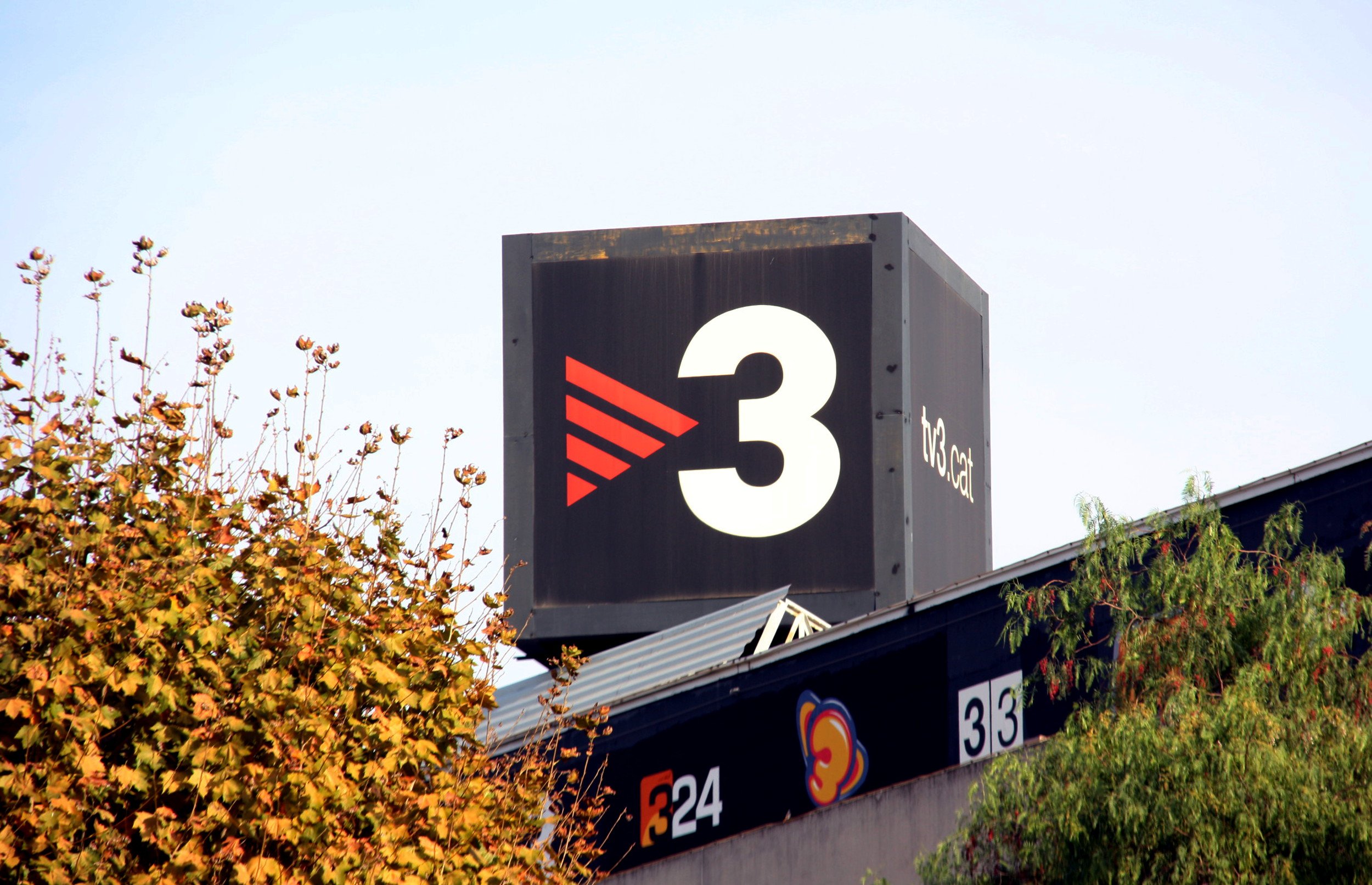Spain’s Supreme Court has rejected the appeal of the Catalan Audiovisual Media Corporation (CCMA) against the fines imposed by Spain’s Central Electoral Commission on Catalan public television channel TV3 and Catalan public radio station Catalunya Ràdio before the December 21st 2017 election.
The Commission considered that TV3 and Catalunya Ràdio violated the principles of news neutrality and political pluralism on four occasions. The high court confirmed that the content was partisan and that it brought the public media into line with some political groups to the detriment of others.
Two of the reasons given by the Central Electoral Commission referred to the statements expressed by the presenter of the "La Portada" section in the radio programme El matí de Catalunya Ràdio, Mònica Terribas, in the editions of 28 and 30 November, and the other two referred to the news coverage given by TV3 to a concert "for the freedom of political prisoners" called by the Catalan National Assembly (ANC) for December 2nd 2017, in the Telenotícies Vespre news programme, and to the news coverage given to a demonstration in Brussels on December 7th of the same year.
The judges have watched and listened to these programmes and confirm that they are not compatible with the principles of information neutrality or the requirement of respect for pluralism.
According to the sentence, "the concept of informational neutrality is not a "tailor's box" that admits any content and confronts freedom of information, but the expression of the reinforced demand of objectivity required from all public administrations, and, as such, for public media, in election periods.
They underline that Terribas’s speeches on November 28th and 30th 2017 "do not contain nor are they information but opinion. And, by the terms in which they are expressed, they reflect a sort of editorial line. These speeches reflect an evident negative judgement on some of the political groups running for the December 21st 2017 election and, at the same time, they imply a positive assessment of others. Beyond the tone, irony or sarcasm, the relevant extreme is that the message conveyed is partial. It takes sides, it is not neutral. The Central Electoral Commission is not wrong in its assessment".
As for the coverage of the concert on December 2nd 2017 and the coverage given to the demonstration on December 7th: "They incur the same vice. Public media becomes the spokesperson of certain partisan initiatives and does it in a way that is not proportional to the treatment given to the other participants in the election. The lawsuit acknowledges that there were various connections to the concert and does not deny the time references highlighted by the Central Electoral Commission on the coverage of the demonstration".
"The news relevance and the interest of both events are not debatable, but neither is the fact that they were initiatives of a part with electoral significance and that the public media amplified their repercussion, thus benefiting those who promoted them to the disadvantage of the other political forces participating in the elections", they conclude.

